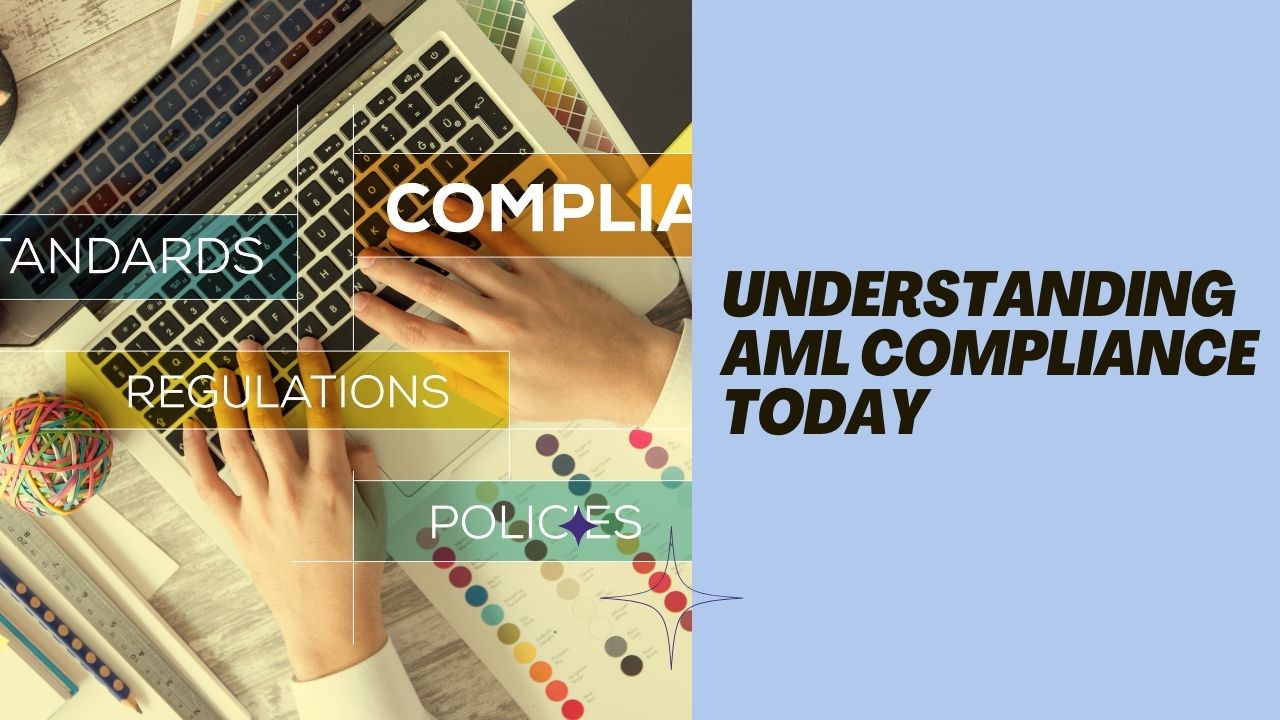In today’s globalized economy, businesses regularly engage in cross-border financial transactions. While this creates opportunities for growth and expansion, it also exposes businesses to risks, particularly the risk of money laundering. Anti-Money Laundering (AML) compliance is a critical aspect of managing these risks, ensuring that businesses operate safely and lawfully. In this blog, we’ll explore why AML compliance is essential for cross-border financial operations and how it benefits companies.
What is AML Compliance?
AML compliance refers to the procedures, policies, and regulations designed to prevent the illegal practice of money laundering. Money laundering is the process of disguising illegally obtained funds as legitimate income. Governments around the world have set up AML laws and guidelines that businesses must follow to prevent their financial systems from being exploited by criminals.
For businesses engaged in cross-border transactions, complying with AML laws means following specific rules that help detect and report suspicious activities. These rules vary from country to country but aim to protect the integrity of the global financial system.
Why is AML Compliance Important?
1. Preventing Financial Crime
Cross-border financial operations are particularly vulnerable to money laundering schemes. Criminals often attempt to use international transactions to “clean” illicit funds, making it harder for authorities to trace the source. By adhering to AML regulations, businesses can detect suspicious activities and prevent themselves from being used as tools for financial crime.
2. Maintaining Reputation
For any company, especially those operating internationally, reputation is everything. Involvement in money laundering scandals can severely damage a company’s public image, leading to loss of trust among clients, partners, and investors. AML compliance shows a company’s commitment to ethical practices and boosts its reputation as a trustworthy and responsible entity.
3. Avoiding Heavy Penalties
Governments worldwide impose strict penalties for failing to comply with AML regulations. These penalties can include substantial fines, legal action, and even criminal charges for responsible individuals within the company. Companies that neglect AML compliance can face massive financial losses due to fines and legal costs. Ensuring compliance helps businesses avoid these costly repercussions.
4. Facilitating Smooth International Transactions
Banks and financial institutions involved in cross-border transactions are required to comply with AML laws. If a company does not meet these standards, financial institutions may refuse to process their transactions, causing delays and disruptions in business operations. AML compliance ensures that a company’s international payments and transactions proceed without unnecessary delays.
5. Strengthening Business Relationships
Many businesses work with international partners, including suppliers, distributors, and clients. Partners often require proof that a company follows AML regulations before agreeing to work with them. Companies that demonstrate strong AML compliance practices have an advantage when building relationships with global partners, as it reflects a commitment to transparency and legal compliance.
How AML Compliance Works in Cross-Border Operations
AML compliance involves various practices and procedures to prevent money laundering, including:
- Customer Due Diligence (CDD): Verifying the identities of clients before doing business with them. For cross-border transactions, this is especially important to ensure that the funds involved come from legitimate sources.
- Transaction Monitoring: Cross-border tax compliance transactions are often large and complex, making them attractive to money launderers. Continuous monitoring of transactions helps businesses spot unusual or suspicious patterns that might indicate money laundering.
- Reporting Suspicious Activity: Companies must report suspicious transactions to relevant authorities, such as the Financial Intelligence Unit (FIU) in India. Failure to do so can result in penalties or legal action.
- Training Employees: Ensuring that employees understand AML regulations is crucial. Businesses should regularly train their staff to identify and report suspicious activities, particularly when dealing with international clients and transactions.
Challenges of AML Compliance in Cross-Border Transactions
Complying with AML regulations for cross-border operations comes with its challenges. The complexity arises from the different AML laws across countries. What’s considered suspicious in one jurisdiction may not be the same in another. Moreover, the increased volume of cross-border transactions makes it harder to monitor all activity manually, which is why many businesses turn to automated systems and technology to aid in compliance.
Additionally, businesses must be aware of ever-changing international regulations, especially when operating in high-risk regions or industries.
Conclusion
AML compliance is not just a legal requirement; it’s a critical part of running a successful, secure, and trustworthy business, especially for those involved in cross-border financial operations. By preventing money laundering, protecting their reputation, avoiding penalties, and building stronger international relationships, businesses can ensure they remain competitive and compliant in a complex global market. Companies that prioritize AML compliance are better positioned for long-term success and growth in today’s interconnected world.
